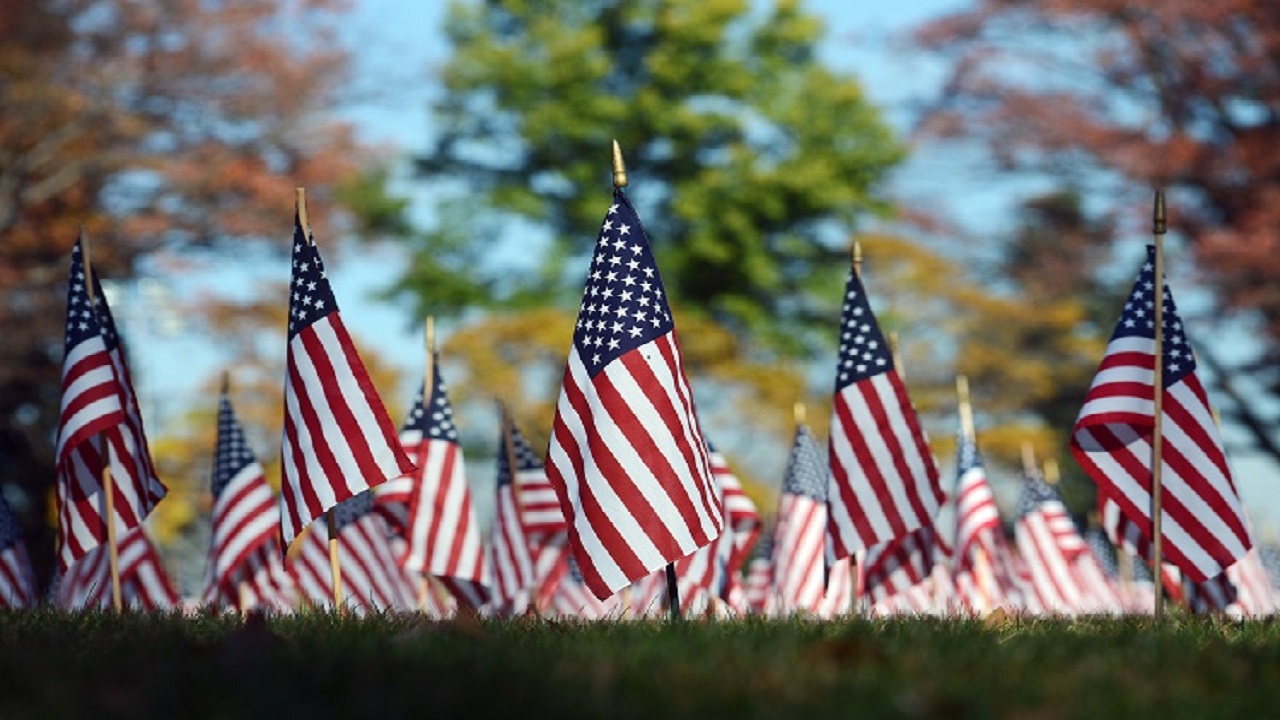Prior to December 2016, the U.S. Department of Veterans Affairs (VA) only assessed a veteran’s eligibility for burial benefits at the time of need (meaning at the time of death). This practice often leaves family members scrambling to locate a loved one’s discharge papers and file an application for burial at an already trying time.
Fortunately, the VA now allows veterans to apply for a pre-need eligibility determination for burial in a national cemetery and other associated benefits. This program helps veterans and their families engage in more extensive funeral pre-planning, which better ensures veterans’ wishes are fulfilled and eases the burden on their surviving loved ones.
Who Is Eligible for VA Burial Benefits?
VA burial benefits are available to veterans who served minimum active duty requirements and were discharged under conditions other than dishonorable. Surviving spouses, minor children and some unmarried, dependent adult children may also be able to receive burial benefits based on their related veteran’s eligibility.
How to Apply for a Pre-Need Eligibility Determination
To see if a veteran or other claimant is eligible for burial in one of 155 national cemeteries and memorial items like a government headstone or marker, complete an Application for Pre-need Determination of Eligibility for Burial in a VA National Cemetery (VA Form 40-10007) and submit it to the National Cemetery Scheduling Office via mail or fax. This application can also be completed online at VA.gov.
Applicants must include copies of supporting military service documents, such as discharge papers (DD214 or other separation documents). If service documents cannot be located or veterans are unsure whether they qualify, the VA still encourages submission of these applications. The VA will assist in finding the appropriate military records and either make a determination or notify applicants that additional evidence must be submitted.
For those family members filing an application on behalf of a veteran who is unable to sign it due to mental incompetence or physical disability, be sure to include COPIES of documentation proving you are authorized to sign on their behalf. Supporting documentation must describe the applicant’s incapacity or disability and illustrate your relationship to the applicant. Examples include a copy of a durable power of attorney (POA) document and papers related to court-appointed guardianship. According to the VA, “if the claimant is in the care of an institution, a manager or principal officer of the institution may sign the form” as well.
How a Pre-Need Eligibility Determination Helps With Funeral Planning
The VA will send a written decision letter to applicants notifying them of their approval or denial for burial benefits. Approved pre-need applications, supporting paperwork and decision letters are then saved by the VA to speed up future burial arrangements at each veteran’s time of need. Families should retain copies of these documents for their records.
It is important to discuss final wishes with family members and explore all the VA burial benefits veterans are entitled to. This includes how, where, and with whom the veteran would like to be interred, what type of marker or headstone they would like, and how they would prefer their memorial item to be inscribed.
In addition to ensuring a veteran’s wishes are respected, pre-planning a funeral can help the family prepare financially as well. If a veteran (and any of their qualifying dependents) is deemed eligible for burial in a national cemetery, then burial benefits are provided at no cost. While the VA does not cover the cost of funeral goods and services, such as preparation of the body, cremation, caskets, urns, funeral ceremonies and memorial services, and transportation to the cemetery, VA burial benefits can still significantly reduce final expenses. Some families may also qualify for veterans burial allowances (also known as death benefits) that can help cover burial, funeral and transportation costs. Unlike burial in a national cemetery, burial allowances are only applied for after a veteran has died.
Keep in mind that this pre-need application process does not actually guarantee burial in a specific national cemetery or reserve a gravesite. These details are handled by the funeral home and the National Cemetery Scheduling Office at the time of need. Furthermore, this application does not include eligibility for tribal or state veterans cemeteries, which may have different requirements.
Determining whether a veteran qualifies for burial benefits and understanding what the VA does and does not pay for will help with funeral pre-planning, estimating funeral costs, and preparing for any additional final expenses. Taking these steps well in advance can provide peace of mind for veterans and their families.
